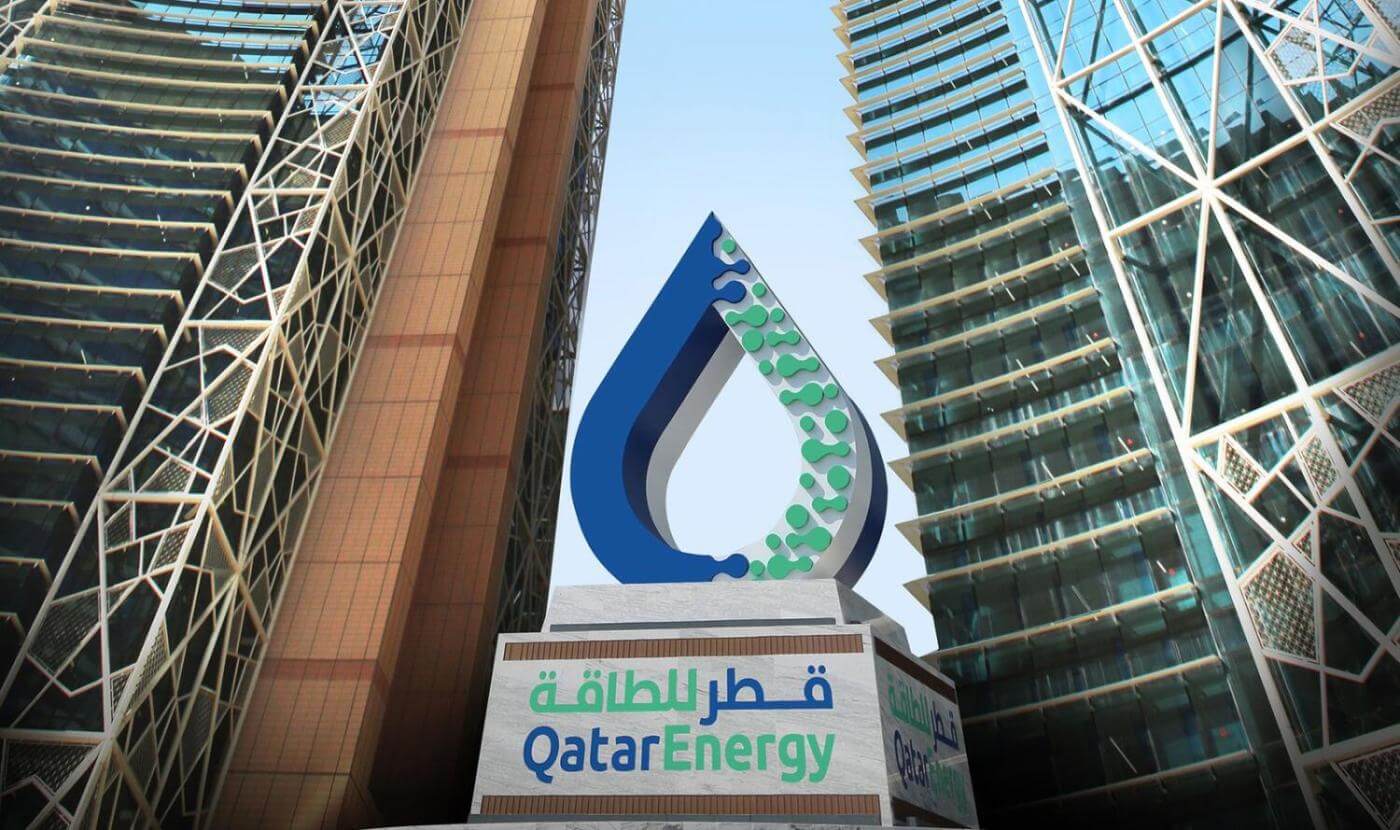Qatar on Monday signed a historic $60 billion, 27-year-long deal to supply China with liquified natural gas (LNG).
Qatar Energy will send Sinopec 4 million tons of LNG every year, starting from 2026, the state-run companies announced in a virtual ceremony yesterday. According to BloombergNEF, the deal is China’s longest LNG supply agreement to date. It’s also among the Asian giant’s biggest in terms of volume.
The gas will be sourced from the $30 billion expansion of the North Field East project by Shell, Exxon Mobil, and other high-profile investors. The project is expected to increase Qatar’s yearly LNG production from 77 million tonnes to 110 million tonnes in three years. In fact, it is also investing $15 billion in the North Field South expansion, which could further increase its production capacity to 126 million tonnes a year by 2027.
In a statement released on Monday, Sinopec Chairman Dr. Ma Yongsheng said that the long-term deal’s signing “is a milestone and an important part of the integrated cooperation.” referring to QatarEnergy as “a strategic, long-term and all-round partner.”
Remember this time last year, the White House was touring the world trying to persuade the Qataris and Japanese (biggest buyers of their LNG) to consider diverting gas supply to Europe, in event of Russia invading Ukraine…
— Faisal Islam (@faisalislam) November 21, 2022
“Qatar is the world’s largest LNG supplier, and China is the world’s largest LNG importer. The two countries share inherent complementarities and a good foundation for energy cooperation,” he stated.
He added that their “integrated cooperation” will help not only help fulfil China’s domestic needs, “but also reflect Sinopec's commitment to a low-carbon, green, safe, responsible and sustainable development path.”
Similarly, QatarEnergy chief Saad al-Kaabi told Reuters on Monday that the deal is “an important milestone for the first sales and purchase agreement (SPA) for North Field East project.”
“It signifies long-term deals are here and important for both seller and buyer,” he added, noting that it is the “longest gas supply agreement in the history of the LNG industry.”
QatarEnergy and Sinopec sign a 27-year 4 million tons per annum LNG supply agreement to China #QatarEnergy #YourEnergyTransitionPartner #Qatar pic.twitter.com/3NKFHJG5vh
— QatarEnergy (@qatarenergy) November 21, 2022
The latest agreement follows a shorter 10-year LNG purchase arrangement that Qatar Energy signed with the Guangdong Energy Group Natural Gas Company in 2021. Company executives speculate that the new deal will likely be followed by additional agreements.
The deal comes as countries across the world rush to secure their energy supplies as Russia’s invasion of Ukraine strains supplies.
In fact, Kaabi said that European and other Asian countries could benefit from Qatar’s expansion projects as well, saying, “The recent volatility has driven buyers to understand the importance of having long-term supply that is fixed and that's reasonably priced for the long term.”
While Germany has also been importing LNG from Qatar via an energy partnership they signed in May, European nations have shown reluctance in signing such long-term deals, as they worry it might hinder their transition to clean energy and delay their climate goals.
Alluding to this, Neil Beveridge, a senior energy analyst at Bernstein, told the Financial Times that China’s deal was the longest contract he had ever seen. He noted that it goes to show “how things have changed in the LNG market and how committed the Chinese are to continue the use of gas in the long run within the energy mix.”
Qatar and China sign one of the BIGGEST LNG deals in the history of the industry
— Stephen Stapczynski (@SStapczynski) November 21, 2022
🇶🇦🤝🇨🇳
🚨 Qatar will supply China with 4 million tons/year of LNG from 2026 for 27 years
🇪🇺 That heaps a TON of pressure on Europe, which has failed to sign a deal w/ Qatarhttps://t.co/YCDAPkmKOS
He added that the landmark deal also comes at a time when buyers are “seeking shorter-term contracts and increased flexibility.”
“There is a lot of hesitancy amongst European utilities to commit to longer-term contracts given targets among decarbonisation,” he noted.
Although China, the world’s top LNG importer, is going through a period of reduced imports this year due to its strict zero-covid policy, the country’s huge demand is expected to rebound as early as next year and is projected to grow over the next ten years.

